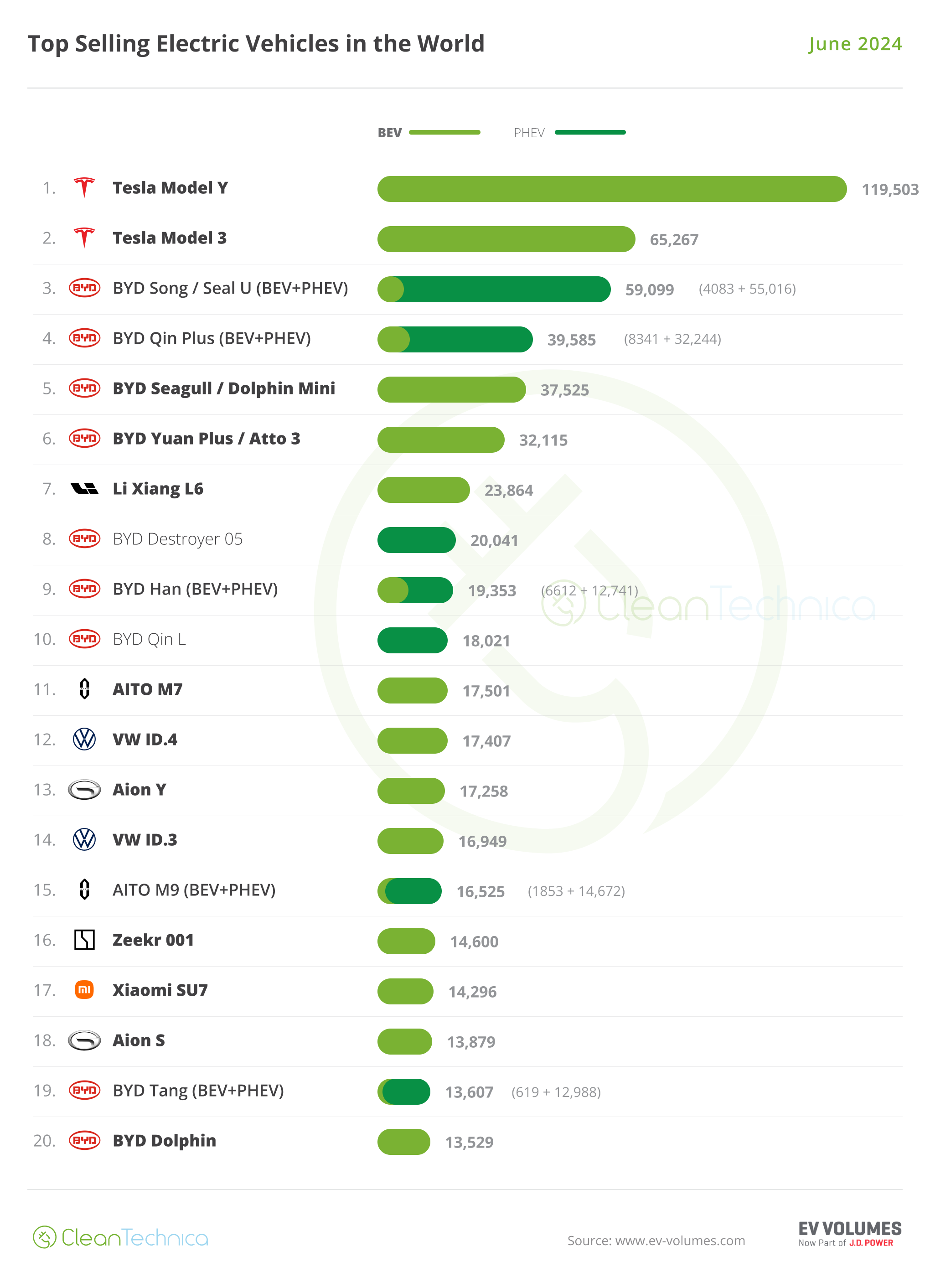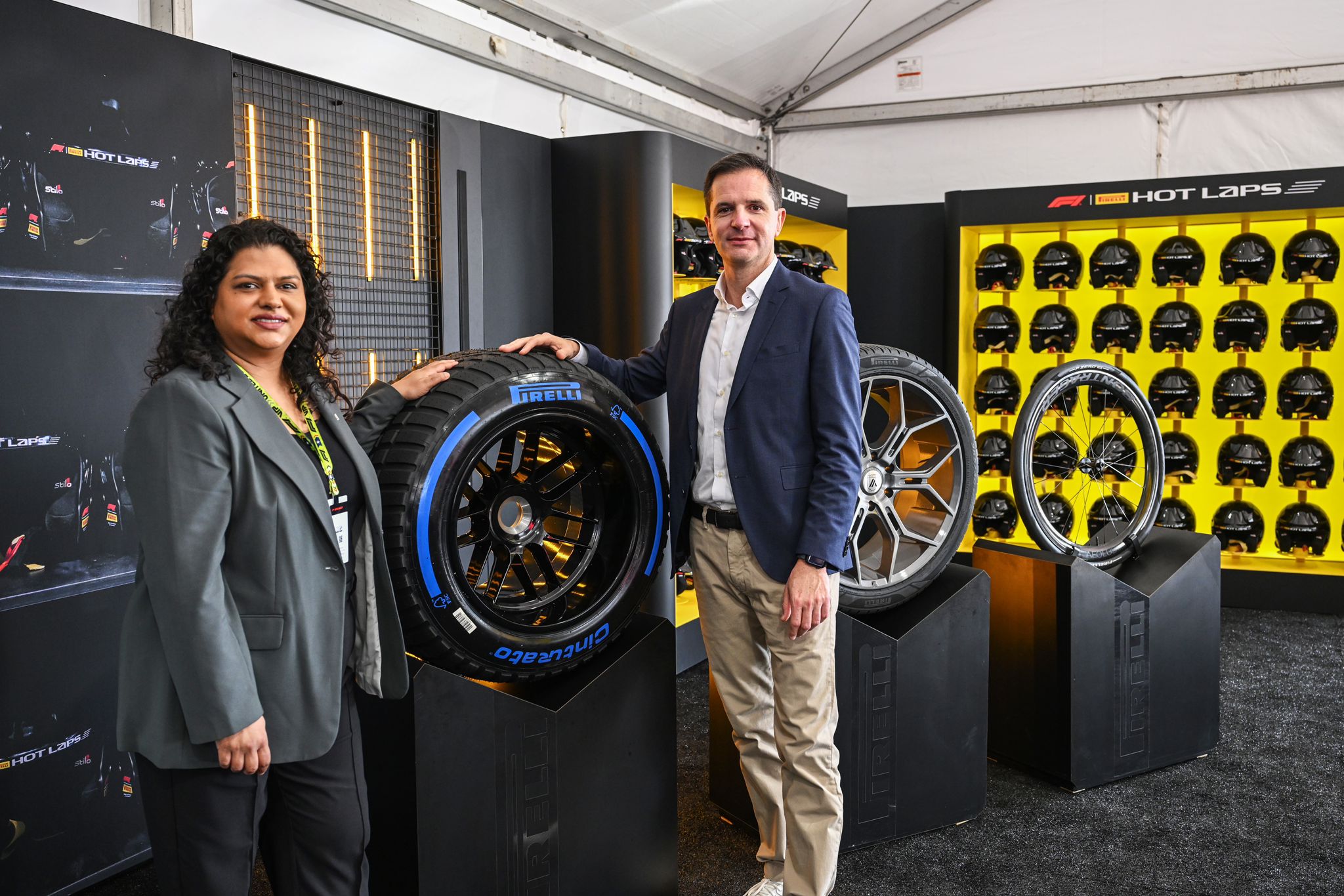Sign up for daily news updates from CleanTechnica on email. Or follow us on Google News!
Tesla is planning to send a team of people to scout for locations in India this month. The broad brush strokes of the upcoming discussions reportedly will affirm the company’s investment plans in the South Asia nation — including setting up a manufacturing facility and increasing purchases of auto parts from India to nearly $15 billion.
Tesla Inc.’s CEO, Elon Musk, will be leading the excursion to India for a meeting with Prime Minister Narendra Modi, as was announced on X. Musk’s trip will fill in some sought-after blanks, as Tesla has not to date made any firm commitment to an EV plant in India.
Tesla’s growing interest in the South Asia region coincides with estimates that the company is on a trajectory for $7.4 billion in global EV sales, or around 6% of the total global EV market. If US consumers are hesitant to join the EV revolution, then it makes sense that Tesla will look for a new audience abroad.
India is the world’s most populous nation and the world’s 3rd largest auto market, yet its EV market accounts for just 1.3% of the total EVs sold last year worldwide. BloombergNEF estimates that about 96,000 passenger EVs were sold in India in 2023, nearly double a year earlier, with projections that the sales number could increase by another 40% in 2024. That anticipated rise in EV acceptance seems to be playing out here in 2024, as India’s electric passenger vehicle sales surged 91% off a low base to 90,996 in the year ending March 31, according to the Federation of Automobile Dealers Associations.
Small Cars Sell in India
EV makers are hoping to make inroads in India, recognizing the trends for small, affordable EVs — after all, 86% of EVs sold in 2023 were priced under $20,000. India’s EV market is currently flooded with inexpensive new models. About 69% of cars sold in India last year were priced below $15,000, while 27% cost less than $10,000. Many of them were just recently introduced, with the MG Comet mini car selling for less than $10,000 and the Tata Tiago compact EV at $10,500. (Top selling internal combustion engine (ICE) models such as Suzuki’s Swift and Wagon R retail for less than $8,000.)
Last year when Tesla first floated the idea of a Gigafactory India, the starting price of the vehicles manufactured in that country was about 2 million rupees, which translates to about $24,000 today. But according to a report by Reuters on April 5, 2024, Tesla has canceled the Model 2 and will focus on its efforts to build robotaxis. That decision, if it turns out to be true, represents an abandonment of a long standing goal that Elon Musk has articulated several times in his “secret” master plans — building affordable electric cars for the masses. Moreover, where would Tesla fit without an inexpensive EV in the South Asia automotive landscape?
Why South Asia is Alluring to Tesla
Tesla’s interest in the South Asia region lies with expansion of the company’s Gigafactories. India could provide an interesting setting for a new electric vehicle plant, as it has cut its import duty on EVs as an incentive to Tesla (and other automakers). Musk has been an adherent for a very long time for reduced import taxes before it commits to any significant investment in any global automobile market.
Now it’s up to Elon Musk and Tesla to “make the announcements of their manufacturing plans,” Rajesh Kumar Singh, secretary of department for promotion of industry and internal trade, explained.
“We will help them out in terms of giving them the contacts at the state level. There have been contacts made at that level with state governments and the central government.”
To get tax concessions, Tesla and other EV companies will have to invest at least 41.5 billion rupees ($500 million) and start producing EVs from a local plant within 3 years. Automakers have committed nearly $5.4 billion in investments to set up or expand their EV manufacturing facilities in India, data from BloombergNEF shows.
The Politics Intertwined with Musk’s Upcoming Visit
The pressure is on India to decarbonize significantly, as it is the world’s 3rd largest greenhouse gas emitter. The country has set a goal to be net zero by 2070.
The visibility of the Musk visit has the potential to elevate Modi’s popularity as a result of attracting global capital in a range of industries from energy to technology and transport. Construction and commerce, in turn, create jobs for youth, many of whom Modi is courting for votes. The timing of the trip to South Asia coincides with Modi’s campaign to seek a third term in office — and it also sets the tone against the backdrop of US presidential elections in November.
Tesla is not alone in its interest in South Asia; Vietnamese automaker VinFast recently began construction on an EV manufacturing facility in India’s southern state of Tamil Nadu. “Tamil Nadu will be pitching for all opportunities of electric vehicle manufacturing from all global car majors,” TRB Rajaa, the state’s minister for industries, said in response to inquiries if Tesla will be setting up shop in the area. He added that the province, often called the Detroit of India for its automaking prowess, has the country’s “best electric vehicle policies and ecosystem.”
Chennai, the capital city of Tamil Nadu, really wants Tesla to land there. That city is already the site of manufacturing facilities for Nissan Motor Co., Renault SA, Hyundai Motor Co., and BMW AG as well as the auto parts supply chains that feed them. Other regions, too, would love to have Musk choose them for his new operations. The states of Gujarat, which is Prime Minister Narendra Modi’s home base, and Maharashtra are reportedly under Tesla consideration because they already have well-established ecosystems for electric vehicles and exports.
Final Thoughts about EV Expansion into South Asia
2024 is already turning into a compelling year for India’s expansion into the EV market. Planned launches of multiple new BEV models continue across brands, including from Korea’s Hyundai–Kia group and ICE market leader Maruti Suzuki (subsidiary of the Japanese brand Suzuki).
French carmaker Citroën has become the first multinational car manufacturer in India to export domestically made electric vehicles to the international market. The company on Thursday announced the commencement of exports of the locally manufactured ë-C3. Initial shipment of 500 units of the Made-in-India Citroën ë-C3 to Indonesia was ceremonially flagged from Kamarajar Port on Thursday, as related by Business Times. The move aligned with Citroën’s global ambitions of democratizing electric mobility to increase the adoption of sustainable and clean modes of transportation.
The ë-C3, crafted with modern design and innovation, offers a 320 km range certified by ARAI MIDC, along with 100% DC Fast Charge and 15 AMP home charging options. It is available in 13 exterior color combinations and 47 customization options.
Have a tip for CleanTechnica? Want to advertise? Want to suggest a guest for our CleanTech Talk podcast? Contact us here.
Latest CleanTechnica.TV Video
CleanTechnica uses affiliate links. See our policy here.





